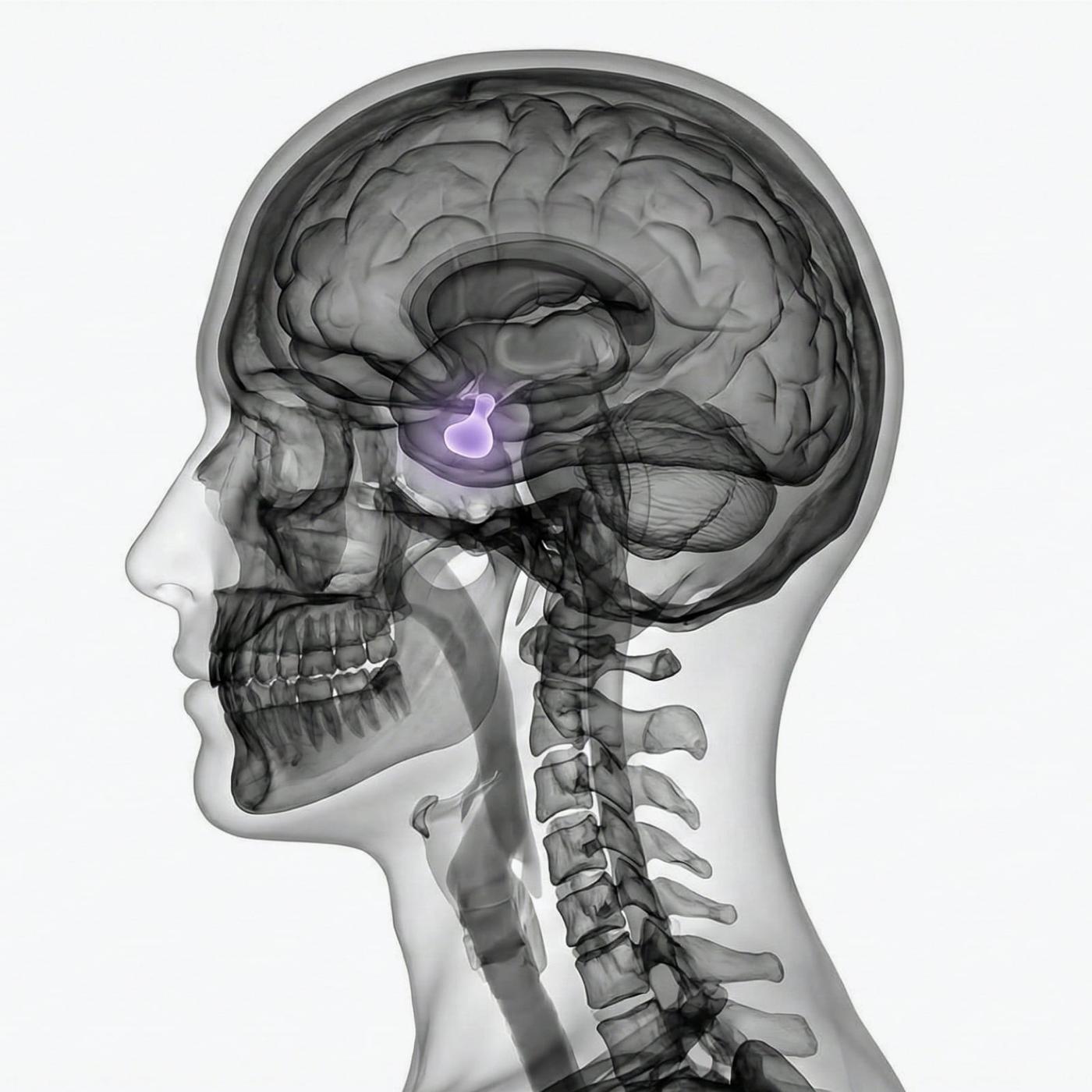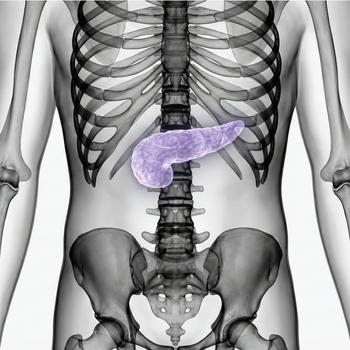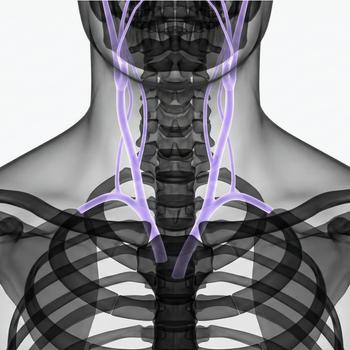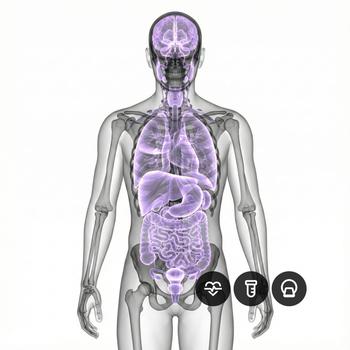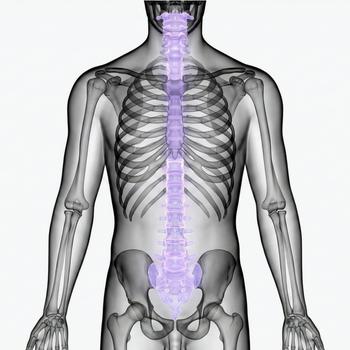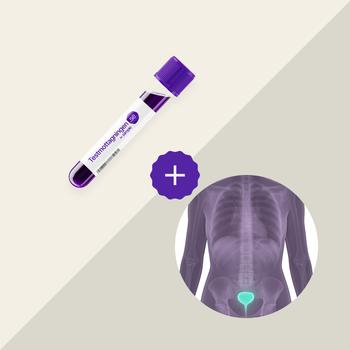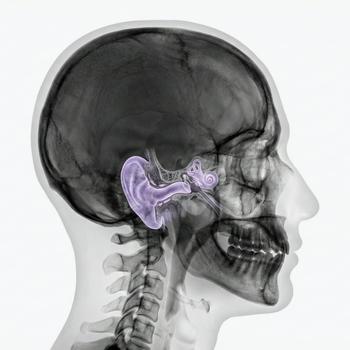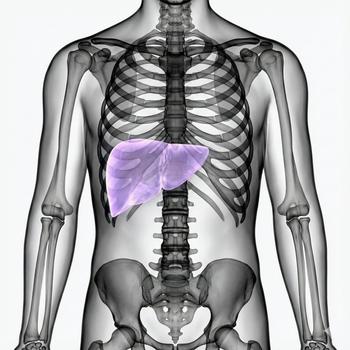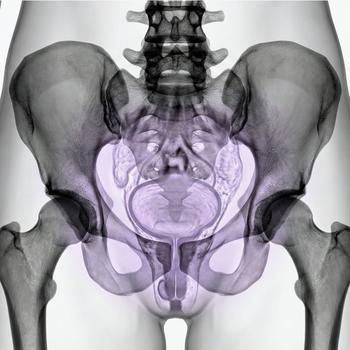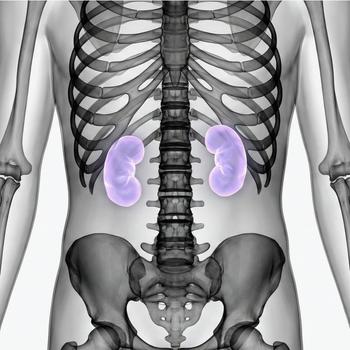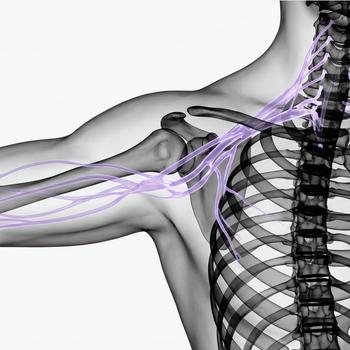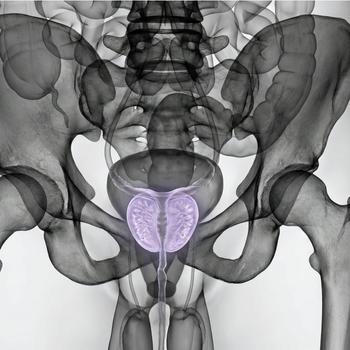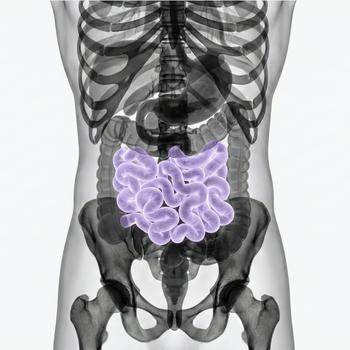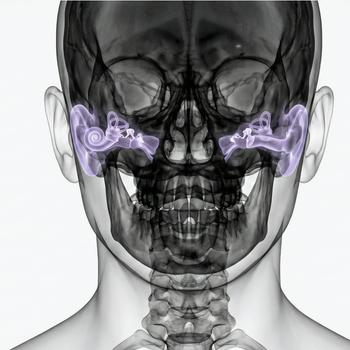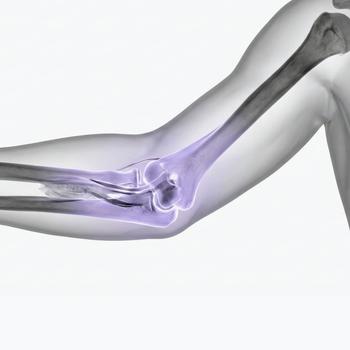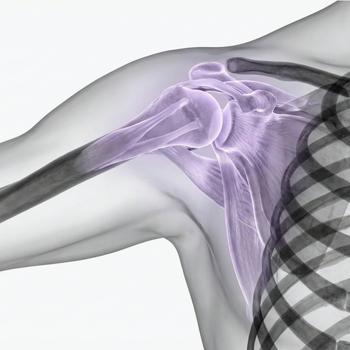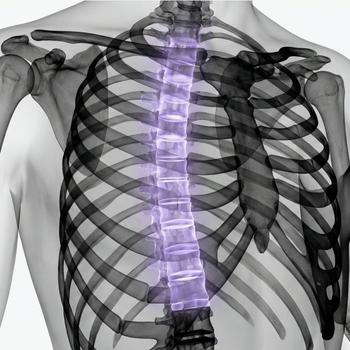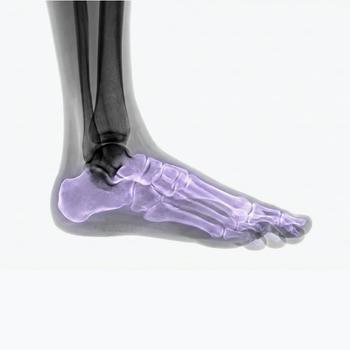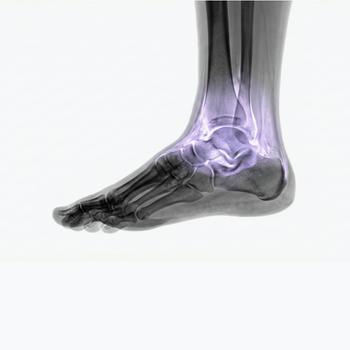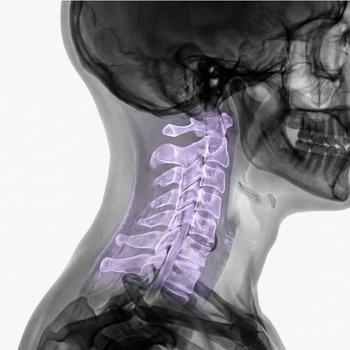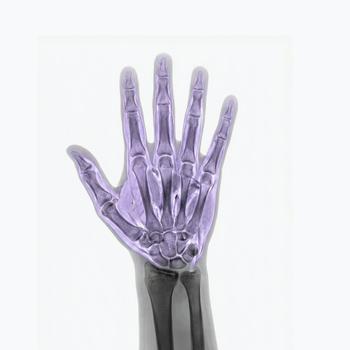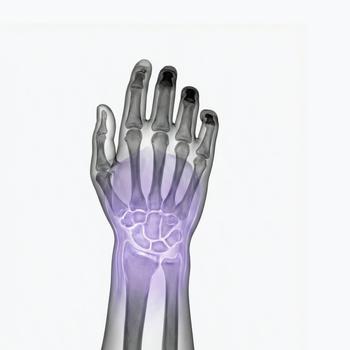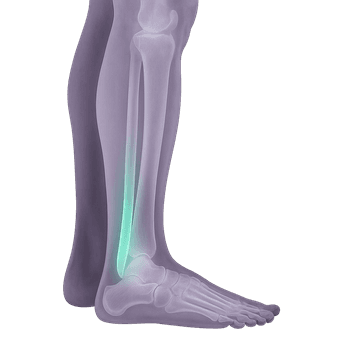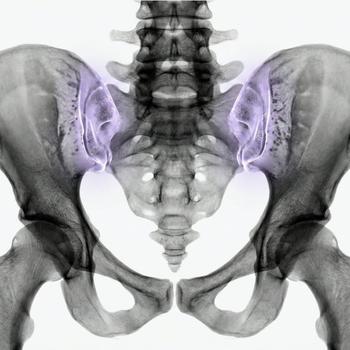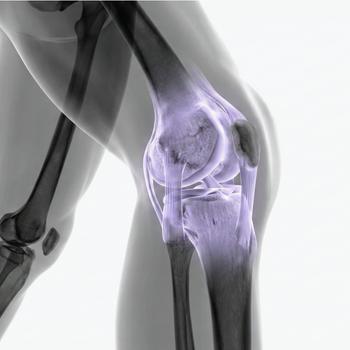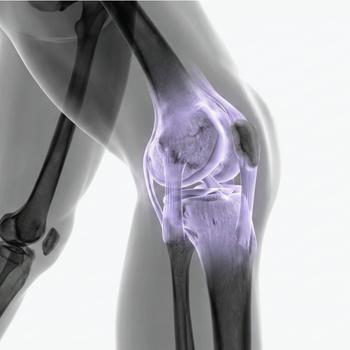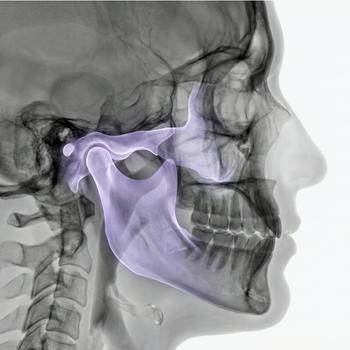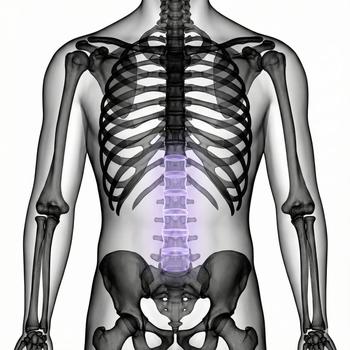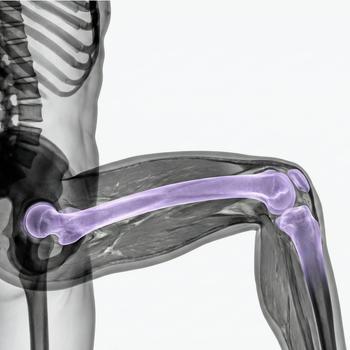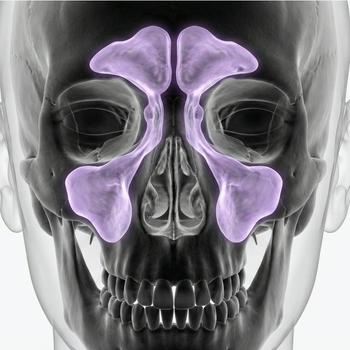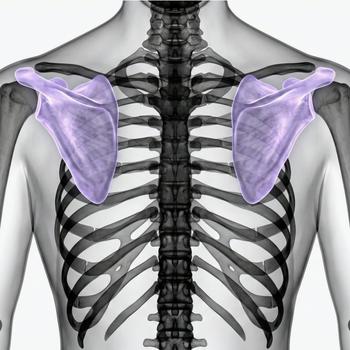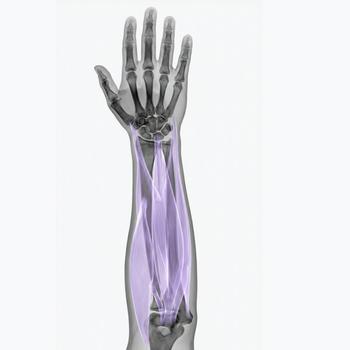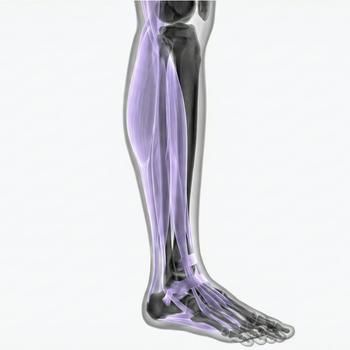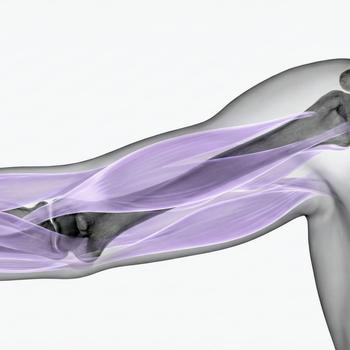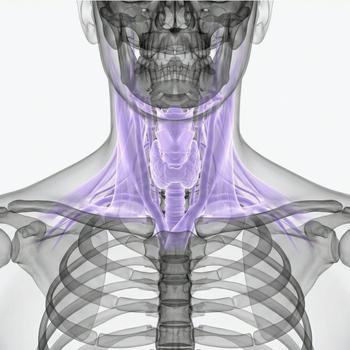MRI Sella – Magnetic resonance imaging of the pituitary gland
Do you have symptoms such as fatigue, visual disturbances, irregular periods, headaches, hormonal disorders or abnormal blood tests for prolactin, TSH or cortisol? Then the cause may lie in the pituitary gland, the central hormone-regulating gland in the brain. An MRI examination of the sella turcica (the area where the pituitary gland is located) is used to detect tumors, cysts or other structural changes that affect the hormonal balance in the body.
The pituitary gland regulates important functions such as metabolism, fertility, stress levels and growth. Even small changes in this area can cause major symptoms. MRI Sella gives the doctor high-resolution images of the pituitary gland, pituitary stalk, nearby blood vessels and the optic nerve junction – completely without radiation.
When is an MRI of the pituitary gland recommended?
MRI of the sella is a key examination in cases of suspected hormonal disorders, pituitary tumors or pressure on the optic nerve. The examination is used both in the initial investigation and as a follow-up of known findings.
- Elevated or low levels of hormones (e.g. prolactin, TSH, cortisol).
- Fatigue, weight changes, menstrual disorders or fertility problems.
- Visual field loss or visual impairment (due to pressure on the optic nerve junction).
- Suspected pituitary adenoma, cyst or other change in the sella area.
- Investigation in cases of acromegaly, Cushing's disease, prolactinoma or panhypopituitarism.
MRI is often used when the following conditions in the pituitary gland are suspected
- Pituitary adenoma (incl. microadenoma and macroadenoma).
- Prolactinoma or ACTH-producing tumor.
- Craniopharyngeoma, Rathke's cyst or other cystic lesions.
- Hypophysitis (inflammatory conditions in the pituitary gland).
- Pressure on the optic chiasm (optic nerve junction).
Order an MRI of the pituitary gland - specialist examination of the pituitary area
MRI Sella is a painless and radiation-free examination that takes approximately 20–30 minutes. You lie comfortably in the magnetic resonance imaging camera while images are taken over the pituitary area with millimeter precision. You do not need a referral in advance - we arrange it directly when booking. The response from the specialist doctor will be delivered in writing within a few days.






















